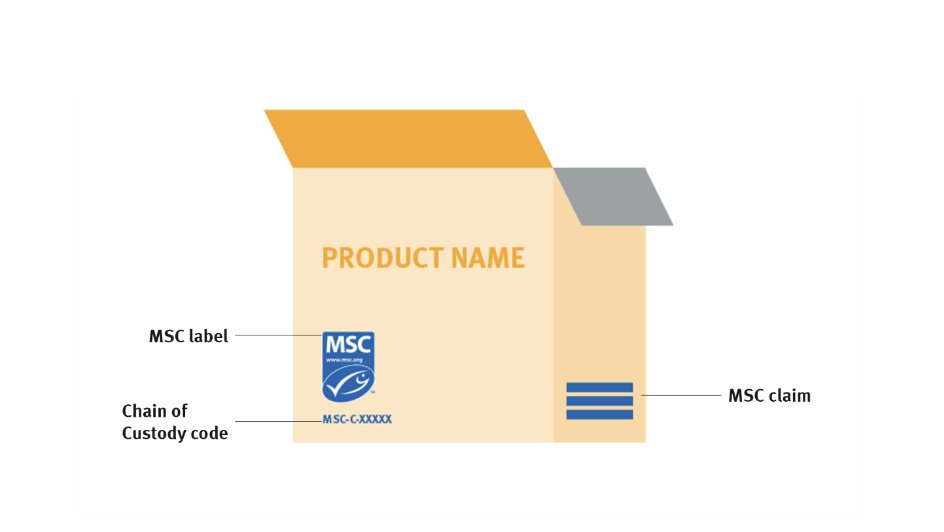What is a credible sustainability claim?
Business Services, Food and Drink, Social & Environmental Services, Tinned Food
Business Services, Food and Drink, Social & Environmental Services, Tinned Food
This is a sponsored article from SustainabilityTracker.com member Marine Stewardship Council.
Most of us want to help protect the environment. After all, we only have one planet, and the time for action is now. But, with so many environmental claims and messages out there, it can most certainly be confusing.
Greenwashing is when a business uses any claim or omits critical information that makes a product or service seem better or less harmful to the environment than it is. When shopping, such as for prawns at Christmas, it’s common to see a label on a product that says ‘natural’ or ‘eco-friendly’ or has a cute image of a leaf or a recycling symbol without any impartial evidence to support the inferred claim. Greenwashing leads to scepticism and confusion for shoppers.
In 2022, the Australian Competition and Consumer Commission (ACCC) conducted an internet sweep to identify industries or sectors that commonly use environmental and sustainability claims and to assess whether these claims have the potential to mislead consumers. Of the 247 businesses reviewed during the sweep, 57 per cent were identified as having made concerning claims about their environmental credentials.
Credible claims must be true, accurate and based on reasonable grounds, and under Australian Consumer Law companies must substantiate these claims.
The ACCC has released eight principles to guide businesses’ environmental claims:
However, not all forms of claim verification are equal. When it comes to global best practice verification, independence is essential.
The great news is that there are products and services available that have robust and independent verification to back up their claims.
Look for third party verified claims from an independent organisation. You will usually see their URL, a code, logo, and claim.

For schemes operating in Australia and New Zealand, check to see if the organisation making the claim is part of the Trusted Labels Group (TLG), which includes the Aquaculture Stewardship Council, Australian Organic, Forest Stewardship Council, GECA and the Marine Stewardship Council.
Another simple step is to check if the scheme verifying the claim is a member of ISEAL, the global membership organisation for credible sustainability standards or the Global Ecolabelling Network, the leading network of the world’s most credible and robust ecolabels.
This is an article from a SustainabilityTracker.com Member. The views and opinions we express here don’t necessarily reflect our organisation.
This a sponsored post published on behalf of Marine Stewardship Council.